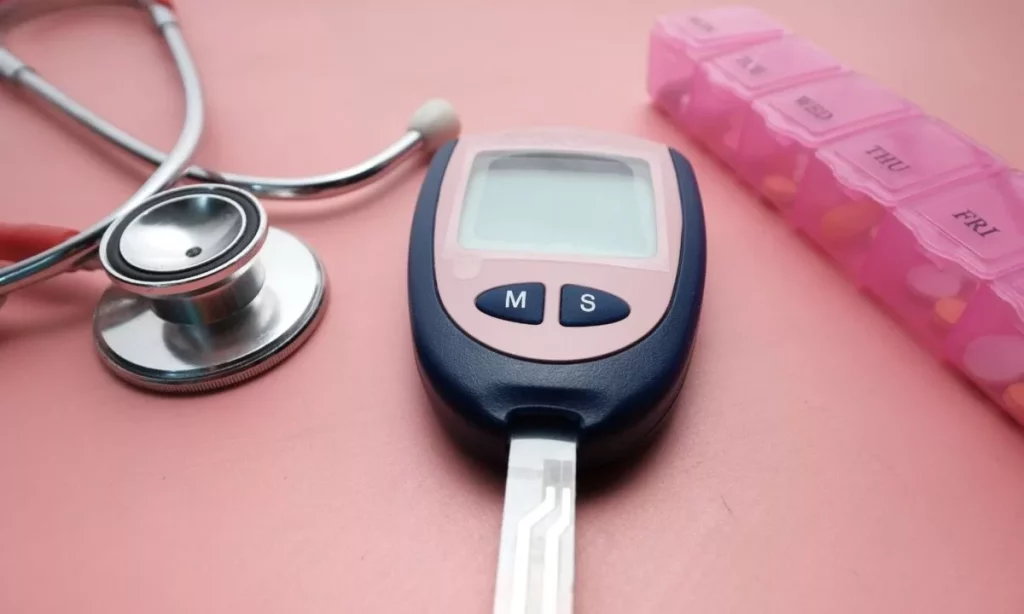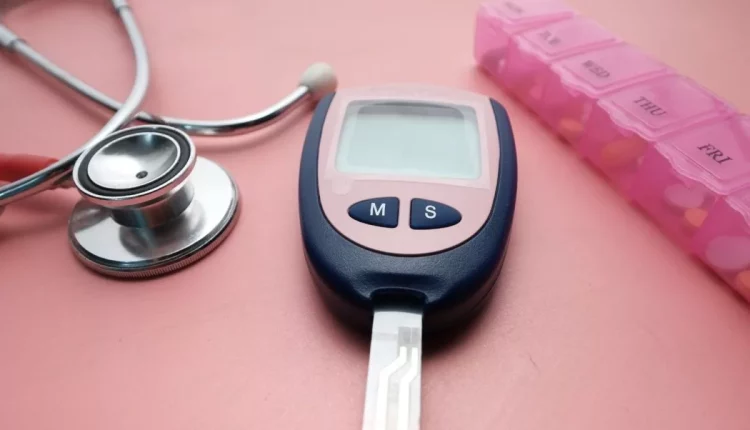What is Normal Blood Sugar Range by Age?
When people are diagnosed with diabetes, their first question is – what should their blood glucose level be? Blood glucose or sugar level is the amount of glucose in the blood. The glucose content comes from the foods you eat.
A healthy blood sugar level for anyone in the morning, despite age and gender, should be less than 100 mg/dl. However, as each person’s health history and body function are unique, their blood sugar level might vary according to their diet, medication and other factors.
Low or high blood sugar is related to prediabetic and diabetic conditions and requires medical attention.
Blood Sugar Levels – An Overview
Your blood sugar levels can be high, low, or normal depending on multiple factors, including age, gender, and a predisposition or family history of diabetes.
Mg/dL is the value to express the sugar or glucose in the blood. The normal sugar level is between 90 to 100 mg/dL. However, reading often fluctuates during the day and at night. But sometimes, high or low blood sugar levels are signs of health conditions requiring medical attention.
In such cases, blood sugar monitoring is essential to observe fluctuations in blood glucose levels that occur in response to diet, exercise, medications, and pathological processes.
Normal Blood Sugar Levels by Age
You can calculate blood sugar levels at different times. For instance, you can test it during fasting or after not consuming food for more than 8 hours. It is because blood sugar tends to fluctuate during the day for countless reasons, especially after eating.
Edit: We are reviewing the blood sugar ranges for kids and adolescents as per the latest reports.
Ideal Blood Sugar Range for Adults (20 Years & Above)
- 1-2 Hours after a Meal: Under 180 mg/dL
- Fasting: Under 100 mg/dL
- Bed Time: 100-140 mg/dL
Normal Blood Sugar Range for Women Above 60 Years Who Do Not Have Diabetes
- Fasting: 90-150 mg/dl
- 2 hours post meal: Below 180 mg/ dl
A blood sugar reading higher than 180 mg/dL or higher than your prescribed healthy range is dangerous. If you have a blood sugar reading higher than 300 mg/dL, seek immediate medical help to get your blood sugar levels within a safer range.
Read Also: How I Reclaimed A Good Night’s Sleep
The HealthifyMe Note
The target normal blood sugar ranges will vary from person to person. Your doctor will consider factors such as your age, weight, medical history, medications you are on, and lifestyle to assess a healthy target blood sugar level for you. Nonetheless, the normal blood sugar level is anywhere between 80 and 110 mg/dL before you have anything to eat or drink.

Factors Affecting Blood Sugar
Almost every lifestyle choice will affect your blood sugar level. Some of them are,
- Rigorous exercise will affect insulin sensitivity, resulting in lower blood sugar levels for up to 48 hours.
- Stress releases cortisol hormone, which can raise blood sugar levels.
- Certain medications like statins and diuretics raise blood glucose levels.
- Diet also has a potential impact on blood sugar. Eating too many carbs will cause high sugar, while protein gradually increases the range.
- Dehydration also increases glucose levels due to less water concentration in the body.
Tips to Maintain Normal Blood Sugar Level
Glucose control is extremely important for diabetic patients. Studies show that diabetes with persistent elevation in blood sugar level has a high risk of cardiovascular diseases, kidney failure, nerve damage, vision problems and more.
Gaining control over blood sugar will help to avoid these complications. Here are some lifestyle tips to follow that will aid you in controlling your blood sugar level.
- Consume whole, non/minimally processed and low-carb foods to control the blood glucose in the body.
- Include at least 150 minutes of exercise weekly if you have no medical restrictions.
- Stay hydrated always, which will help your body to eliminate excess amounts of glucose through urine.
- Take insulin and other medications per the instructions from healthcare professionals to avoid any sudden spike or drop in the blood glucose level.
Conclusion
Maintaining a healthy blood sugar range is crucial for your overall health. Hence, understanding the ranges in blood sugar levels is a vital part of diabetes self-management.
Opt for a low-carb diet, regular exercise, and drinking plenty of water. Furthermore, consult with your healthcare professional to make proper lifestyle choices. It will help you to manage optimal weight and prevent diabetic complications, aiding you to lead a healthy life.

